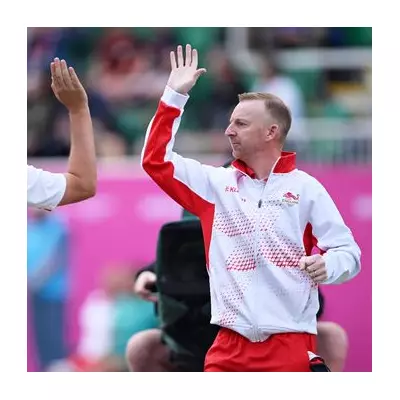
England prop Joe Marler has launched a startling boycott of BBC Radio 5 Live's rugby coverage, declaring he will no longer listen to their match commentary after taking exception to what he describes as disrespectful analysis of players.
The Final Straw
The Harlequins forward revealed the breaking point came during coverage of England's narrow 16-15 victory over Wales in the Six Nations. Marler expressed particular frustration with comments made about players' performances, though he stopped short of naming specific pundits.
"I've turned Radio 5 Live off. I'm not listening to it any more," Marler stated emphatically during an appearance on The Joe Marler Show podcast. "There's too many people who I think are just muppets. I'm done with it."
Standing Up for Fellow Professionals
The 33-year-old loosehead prop, who has earned 88 caps for England, explained that his decision stems from protecting his mental health and showing solidarity with fellow professionals. He believes some commentary crosses the line from constructive analysis into personal criticism.
"I don't need to be listening to people who I think are talking rubbish about other players," Marler continued. "And I also don't need to be listening to people who I think are just not talking with any sort of empathy or sympathy."
Broader Commentary Concerns
This isn't the first time Marler has voiced concerns about rugby commentary standards. He previously called for greater diversity among pundits, suggesting the sport needs more former front-row forwards in broadcasting roles to provide balanced perspective.
The outspoken England international has built a reputation for speaking his mind, both on and off the pitch. His latest comments highlight ongoing tensions between modern professional players and media coverage of their performances.
What's Next for Rugby Broadcasting?
Marler's boycott raises important questions about the relationship between broadcasters and the athletes they cover. As players become more vocal about mental health and wellbeing, traditional criticism methods may need reevaluation.
Whether this sparks broader change in rugby commentary remains to be seen, but one thing is clear: Joe Marler won't be tuning in to hear it.





